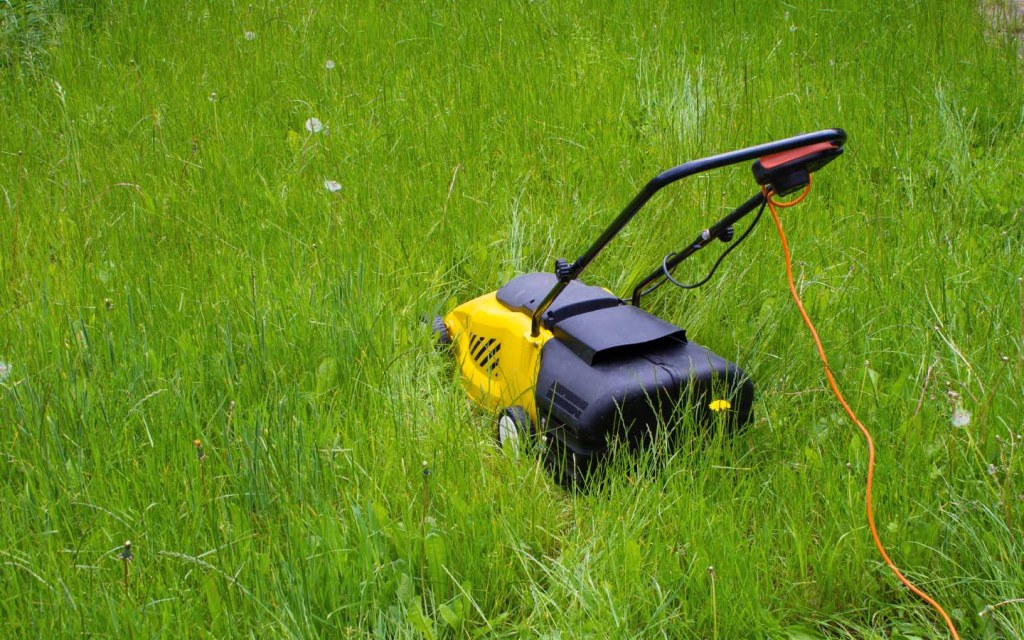Who among us hasn’t dealt with particularly difficult neighbours? From dealing with annoying neighbours who take over your parking space to tolerating pesky little kids in your new neighbourhood who keep ringing your doorbell for no good reason, almost all of us have had some rather traumatic experiences while putting up with our next-door acquaintances.
Unfortunately, filing a lawsuit or even a formal complaint against such people is rarely an option, unless they are doing something that’s dangerous or possibly illegally. Similarly, you can’t get bad neighbours to move out just because you don’t get along with them.
However, that doesn’t mean you should bow down your head and silently accept their uncivilized behaviour. Similarly, losing your cool and engage in a full-blown fight is also not an option.
One of the major reasons misunderstandings arise between people is the lack of communication. Therefore, in order to effectively deal with rude neighbours, you need to make sure you know their side of the story as well.
Maintaining good relations with your neighbours is more important than you might realize. Living next door to an uncooperative person can not only take a toll on your mental health but also potentially decrease the value of your property. After all, who would want to live next door to a problematic person?
How to deal with annoying neighbours
If you are currently dealing with annoying neighbours, try these steps before getting authorities involved or worse, starting a fight.
Properly introduce yourself

If you’ve just moved to a new neighbourhood, don’t wait around for a welcome party to show up at your doorstep. Instead, make an effort to get to know your neighbours on your own. However, remember that each neighbour would have a certain personality.
Once you are done unpacking and decorating the home, pop over to your neighbour’s house with a plate of baked goods or a basket of fruits. The key is to properly introduce yourself and inquire a little about their household. But don’t be too nosy or else they’ll think of you as the annoying neighbour.
If you feel welcome, try inviting them for a cup of tea at your place. Although this does not guarantee good relations with your neighbours, it’s at least a good start.
Don’t make assumptions

Show some empathy and refrain from assuming things just because your neighbours acted a certain way or said something offensive when you met them for the first time.
If their house appears unkempt don’t just assume they are lazy, they may be going through a bad phase. If they didn’t offer you something to eat when you visited them or returned your good gesture with a housewarming gift, don’t assume they are being rude, they might not be financially sound at the moment.
Of course, if the pattern continues and you feel your neighbours are giving you the cold shoulder or are generally uninterested in holding a conversation, take that as a cue and maintain a safe distance while being cordial. This is perhaps the easiest way to deal with annoying neighbours.
Discuss nuisances before they turn into big problems

If something is bothering you, let your neighbours know right away and talk it out before it develops into a bigger problem that’s much more difficult to tackle. For instance, if people in your new neighbourhood are too noisy or don’t respect the boundaries of your house, sit down with them and have a conversation.
Talk about what’s bothering you and ask them to do the same. Just remember it is not easy to deal with annoying neighbours that complain about everything. So, make sure all the issues that you put forward don’t just exist in your head. Give them examples of the time you might have felt uncomfortable or violated.
If they continue to ignore the situation or refuse to cooperate, don’t push them too hard. Just be firm and simply let them know you won’t hesitate from notifying concerned if the problem persists.
Document everything

If things don’t get better, begin documenting everything. Note down all your interactions and the ongoing offences. Gather as much evidence as you can to build up a strong case. For instance, if your neighbour’s kid has broken the glass window in your house, ask another neighbour to accompany you while you ask their parents for reimbursement. If they refuse and you have to bear all the expenses, keep all the receipts and records. If possible, install a surveillance camera for visual proof.
This would be most beneficial if you are dealing with neighbours who are bullies. Once you have enough proof of them picking fights with you, visit the local union in your new neighbourhood or any other concerned authority and file a complaint. However, it is recommended not to get the police involved unless your neighbours threaten you with bodily harm, physically hurt you in any way or damage your property.
Talk to other neighbours

Before things take a turn for worse, try having a discussion with your neighbour. The best way to deal with passive aggressive neighbours is to hear what they have to say and calmly put forward your own points. See if you can agree on at least a few hot topics and ask them to jot down their concerns as well. If they don’t agree to sit down for a discussion, make sure other people in your new neighbourhood along with the officials from local union also know that you tried to make an effort.
If your problematic neighbour has been living there for a long time, ask other people in the neighbourhood if they have encountered a similar problem and how they’ve dealt with them.
This might not only help you in getting a better idea on how to proceed but might also get you in the good graces of your other neighbours.
Get a mediator

While people might give you tips on how to ignore bad neighbours, just remember that’s not a long-term solution. Given that your neighbour isn’t outright violent or abusive, consider asking a friend or a neighbour to play the role of mediator and help resolve your differences. It would be better if the other party also trusts this person or is at least familiar with them. If there is someone influential in your new neighbourhood whom everyone respects, ask them to intervene.
The thing is, you might be at fault too, but since it could be really hard to figure if you are in the wrong as well, a fresh pair of eyes might be able to assess the situation in a better way.
Of course, there are many other ways to deal with annoying neighbours. However, you need to make sure you are not overstepping any of your own boundaries by doing so.
Meanwhile, if you have just moved houses, here are a few tips to help you settle into your new home.



